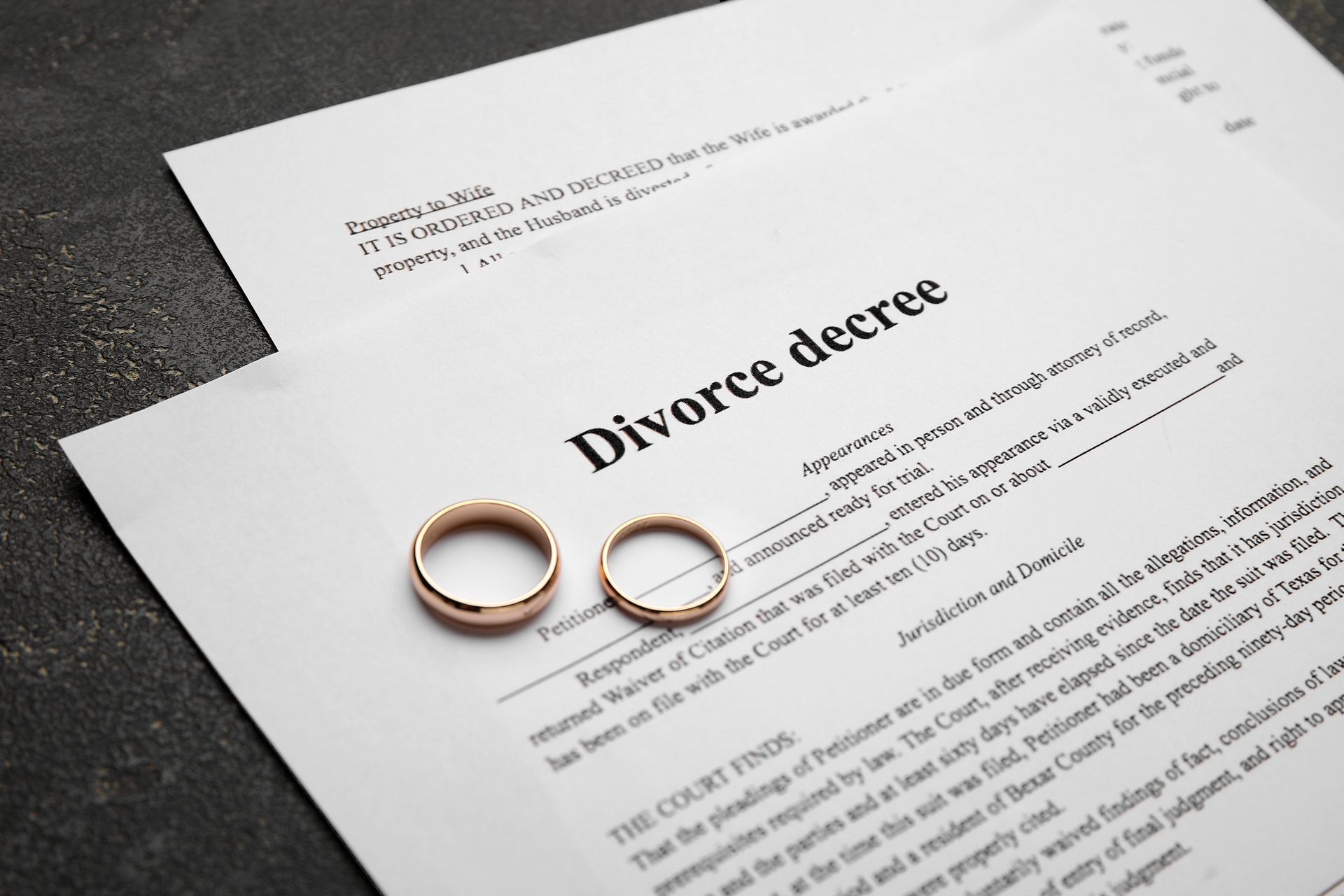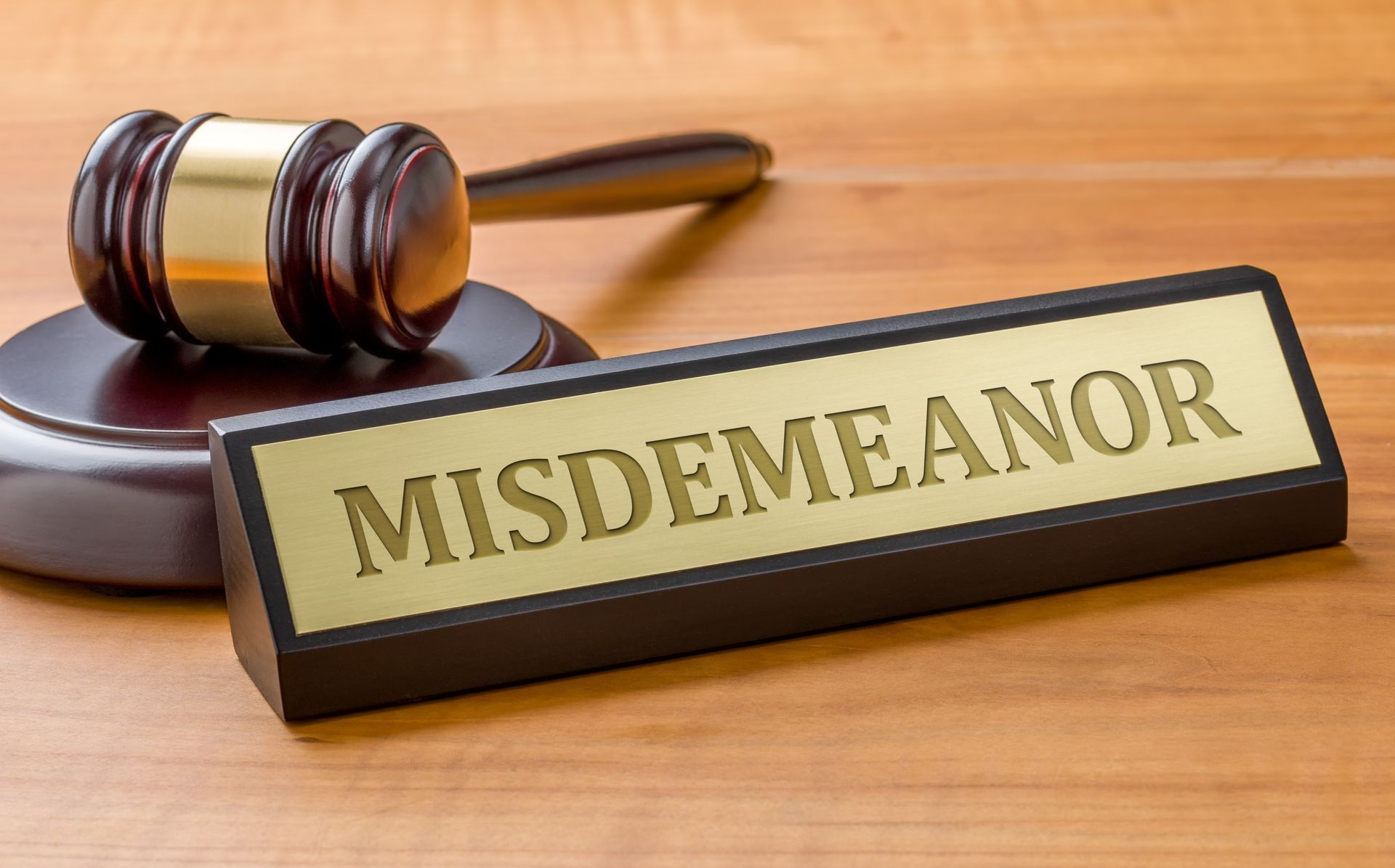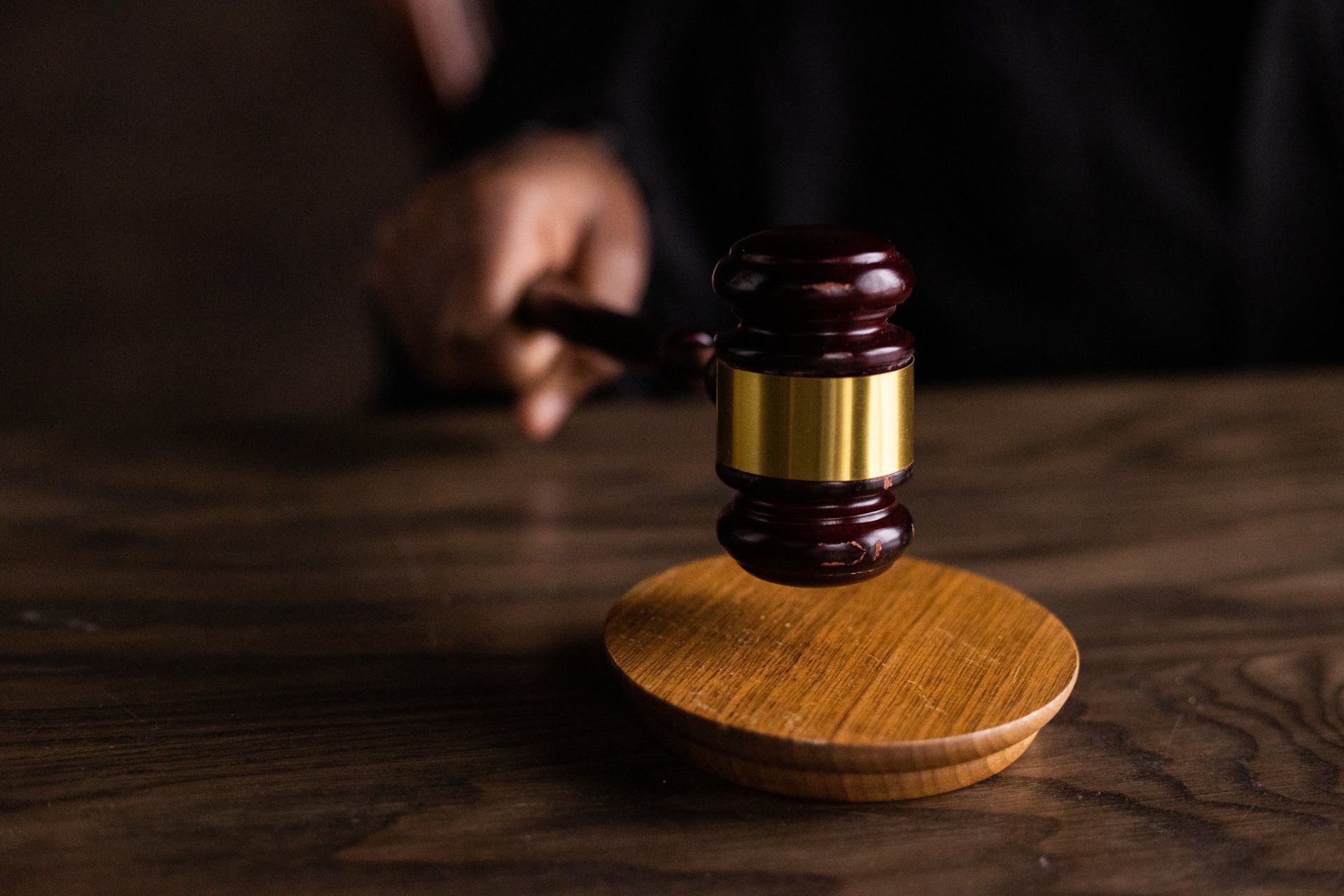Contact Us
Phone: 517-349-2700
Location
2196 Commons Pkwy
Okemos, MI 48864
Hours
- Mon - Fri
- -
- Sat - Sun
- Closed
Understanding Chapter 7 Bankruptcy and Dischargeable Debts in Michigan
March 27, 2024
Understanding Chapter 7 Bankruptcy and Dischargeable Debts in Michigan
Filing for bankruptcy can be a daunting process, but it can also provide much-needed relief for individuals drowning in debt. Chapter 7 bankruptcy is a common option for those looking to eliminate their debts and start fresh. However, not all debts are dischargeable under Chapter 7. In this blog post, we will discuss which debts can be discharged in Chapter 7 bankruptcy, with a specific focus on student loans in Michigan.
In general, Chapter 7 bankruptcy allows individuals to discharge most unsecured debts, such as credit card debt, medical bills, and personal loans. These debts are typically wiped clean once the bankruptcy process is complete, giving the filer a chance to start over financially. However, there are certain types of debts that cannot be discharged in Chapter 7 bankruptcy. These include child support payments, alimony obligations, certain tax debts, and student loans.
When it comes to student loans, the rules regarding discharge ability are particularly strict. In most cases, student loans cannot be discharged in bankruptcy unless the debtor can prove that repaying the loan would cause undue hardship. This standard is difficult to meet and requires a separate legal proceeding known as an adversary proceeding. While it is possible to have student loans discharged in bankruptcy under certain circumstances, it is not guaranteed.
If you are considering filing for Chapter 7 bankruptcy in Michigan and have significant student loan debt, it is important to consult with an experienced bankruptcy attorney like Don E. Burch. Our team can review your financial situation and determine the best course of action for dealing with your student loans. Whether that means pursuing an adversary proceeding or exploring other options for managing your debt, we are here to help.
In addition to student loans, there are other types of debts that may not be dischargeable in Chapter 7 bankruptcy. These can include secured debts like mortgages or car loans if you wish to keep the collateral associated with these loans. It's important to understand which debts can be discharged and which cannot before proceeding with a Chapter 7 bankruptcy filing.
Navigating the complexities of Chapter 7 bankruptcy can be challenging, especially when it comes to determining which debts can be discharged. If you live in Michigan and are struggling with overwhelming debt, don't hesitate to reach out to Michigan Attorney Don E. Burch for assistance with your bankruptcy matters. We have the knowledge and experience necessary to guide you through the process and help you make informed decisions about your financial future.
In general, Chapter 7 bankruptcy allows individuals to discharge most unsecured debts, such as credit card debt, medical bills, and personal loans. These debts are typically wiped clean once the bankruptcy process is complete, giving the filer a chance to start over financially. However, there are certain types of debts that cannot be discharged in Chapter 7 bankruptcy. These include child support payments, alimony obligations, certain tax debts, and student loans.
When it comes to student loans, the rules regarding discharge ability are particularly strict. In most cases, student loans cannot be discharged in bankruptcy unless the debtor can prove that repaying the loan would cause undue hardship. This standard is difficult to meet and requires a separate legal proceeding known as an adversary proceeding. While it is possible to have student loans discharged in bankruptcy under certain circumstances, it is not guaranteed.
If you are considering filing for Chapter 7 bankruptcy in Michigan and have significant student loan debt, it is important to consult with an experienced bankruptcy attorney like Don E. Burch. Our team can review your financial situation and determine the best course of action for dealing with your student loans. Whether that means pursuing an adversary proceeding or exploring other options for managing your debt, we are here to help.
In addition to student loans, there are other types of debts that may not be dischargeable in Chapter 7 bankruptcy. These can include secured debts like mortgages or car loans if you wish to keep the collateral associated with these loans. It's important to understand which debts can be discharged and which cannot before proceeding with a Chapter 7 bankruptcy filing.
Navigating the complexities of Chapter 7 bankruptcy can be challenging, especially when it comes to determining which debts can be discharged. If you live in Michigan and are struggling with overwhelming debt, don't hesitate to reach out to Michigan Attorney Don E. Burch for assistance with your bankruptcy matters. We have the knowledge and experience necessary to guide you through the process and help you make informed decisions about your financial future.

October 1, 2024
Divorce is never easy, but when both spouses cannot agree on key issues, the process becomes more complicated and emotionally charged. In Michigan, contested divorces can involve disputes over property division, child custody, spousal support, and more. Because of the complexity and high stakes involved, it’s essential to understand the legal process and your rights if you’re facing a contested divorce. In this post, we’ll discuss what constitutes a contested divorce in Michigan, the steps involved, and what you can do to protect your interests.

January 30, 2024
Weapon charges in Michigan carry severe consequences that can impact your life in significant ways. Whether you're facing charges related to illegal possession, concealed carry violations, or even assault with a deadly weapon, it's essential to take these charges seriously. The potential penalties include hefty fines, probation, jail time, and a permanent criminal record, which can affect your employment prospects, housing options, and personal relationships.

December 21, 2023
When it comes to employment, a criminal conviction can be a significant obstacle for candidates. Many employers are concerned about potential risks and liability, particularly related to sensitive positions or those that involve direct interaction with clients or the public. However, the question of what employers can ask about criminal convictions during the hiring process is not always clear-cut. As an expert in employment law, I am often asked by clients: What can an employer ask in an interview? The answer depends on various factors, including your location, the position you are seeking, and other legal considerations.

November 1, 2023
Filing for bankruptcy can be an overwhelming process, especially when navigating through the complex and confusing legal system. In chapter 13 cases, it is essential to have a bankruptcy attorney by your side to ensure that all your legal proceedings run smoothly. While anyone can file for chapter 13 bankruptcy without an attorney, having legal representation can make all the difference in the outcome. In this blog post, we'll discuss the primary role of a bankruptcy attorney in chapter 13 cases and why you should hire one when filing.

September 29, 2023
White collar crimes, such as fraud and embezzlement, are threatening Michigan’s financial stability. The state has one of the highest rates of financial fraud in the U.S., with reports of fraudulent activities increasing year by year. Fortunately, the legal system is determined to tackle financial crimes, and the state has taken a hard stance on white-collar crimes. However, understanding how white-collar crimes are prosecuted can be complicated. In this blog, we’ll discuss the legal process for prosecuting white-collar crimes, the penalty for such offenses, and how an attorney can help you if you’re facing these charges.

August 31, 2023
Have you ever heard the term misdemeanor before? If so, you may be wondering what it means. A misdemeanor is a type of criminal offense that is considered less serious than a felony. However, that doesn't mean that misdemeanors are not punishable or that they don't have serious consequences. As a Michigan resident, it's important to understand what a misdemeanor is, how it is classified, and what the penalties can be if convicted.
Schedule a Case Evaluation
Contact us now!
Homepage FCE Form
Thank you for contacting us.
We will get back to you as soon as possible.
We will get back to you as soon as possible.
Oops, there was an error sending your message.
Please try again later.
Please try again later.
By submitting this form, you agree to be contacted by our law firm, either by phone, text or by email.
Hours
- Mon - Fri
- -
- Sat - Sun
- Appointment Only
Disclaimer: The information on this website is for general information purposes only. Nothing on this site should be taken as legal advice for any individual case or situation. This information is not intended to create, and receipt or viewing does not constitute an attorney-client relationship.
© 2025
All Rights Reserved | Michigan Attorney Don E. Burch | Powered By Convert It Marketing | Privacy Policy
© 2025
All Rights Reserved | Michigan Attorney Don E. Burch | Powered By Convert It Marketing | Privacy Policy




